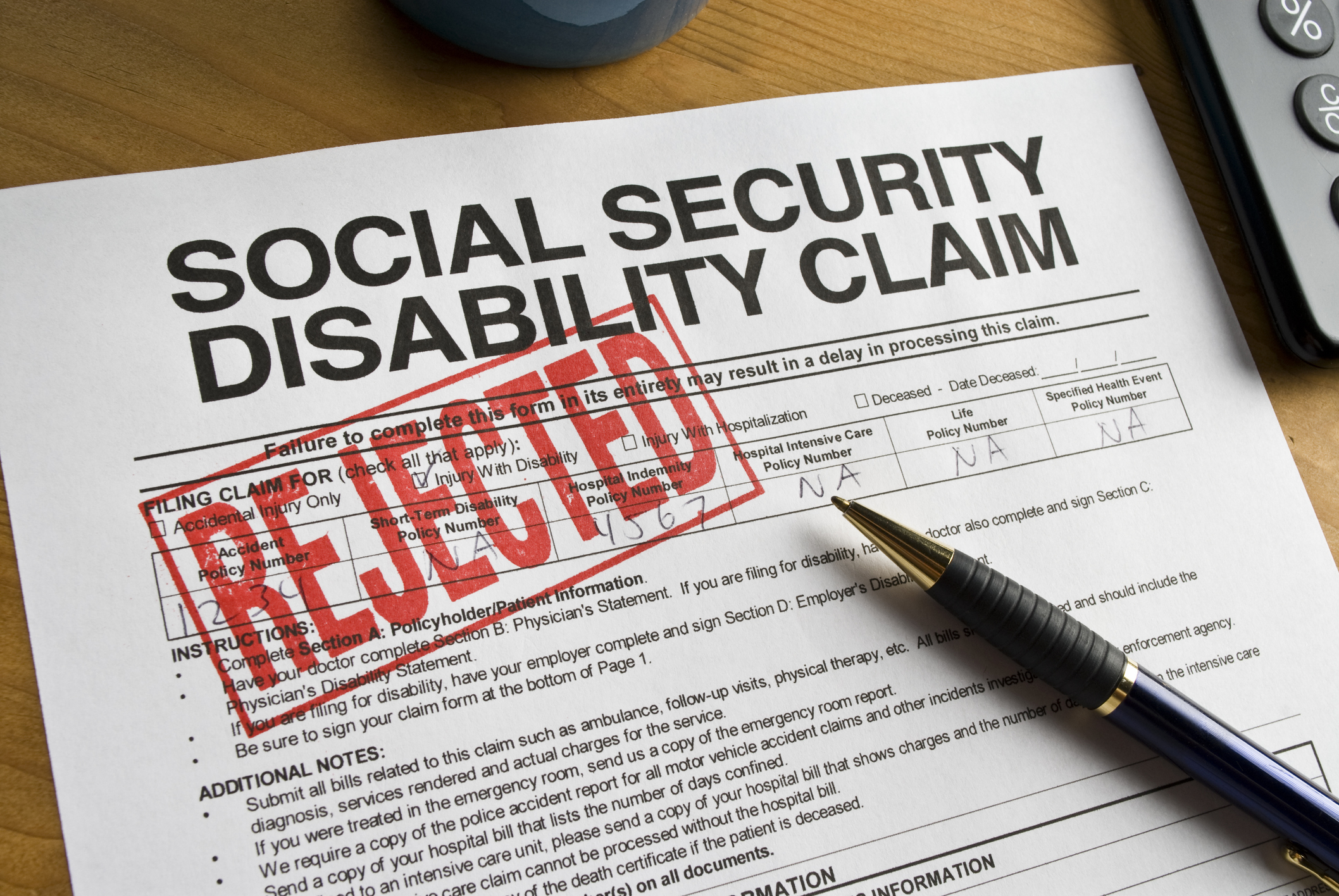Has Your Social Security Disability Claim Been Denied?
Applying for Social Security Disability Insurance (SSDI) can be a long, stressful process, sometimes taking over a year just to receive a denial. After putting in the time to submit your paperwork and medical evidence, getting a denial letter can feel like a punch in the gut. But don’t give up. Many valid claims are denied the first time, and you have the right to appeal.
Why Are SSDI Claims Commonly Denied?
The Social Security Administration (SSA) denies most initial applications. This doesn’t necessarily mean your case is weak; often, it means information is missing or unclear.
Here are a few reasons your claim may have been denied:
- Your condition was not considered severe enough
- There was a lack of medical documentation
- The SSA believes you can still do some kind of work
- You didn’t follow the prescribed medical treatment
- You didn’t respond to requests for additional information
What Should You Do After a Denial?
The most important thing is to act quickly. You only have 60 days from the date of your denial to begin the appeals process. Waiting too long can force you to start the application process all over again.
What Are the Four Levels of the SSDI Appeals Process?
The Social Security disability appeals process has four levels. You may not need to go through all of them, but it’s good to know what each one involves.
- Reconsideration
- Administrative Law Judge (ALJ) Hearing
- Appeals Council Review
- Federal Court Review
What Happens During Reconsideration?
Reconsideration is the first step. A different SSA employee who was not involved in the original decision will review your claim. You can submit new evidence or clarify existing information.
During this stage, it helps to:
- Review the denial letter and address the specific reasons for denial
- Submit updated medical records or new test results
- Get written opinions from your doctors supporting your inability to work
What Is an Administrative Law Judge Hearing?
If reconsideration is denied, you can request a hearing before an Administrative Law Judge (ALJ). This is your opportunity to explain your case in person. You can bring witnesses, including doctors, family members, or vocational experts, to help demonstrate how your condition impacts your ability to work.
During the hearing, the judge will:
- Ask questions about your medical condition, symptoms, and work history
- Review the evidence in your file
- Consider testimony from you and any experts you bring
Having an attorney represent you at this stage can make a significant difference. They can prepare you for the questions, gather evidence, and present your case clearly and confidently.
What Happens If the ALJ Denies Your Appeal?
If the ALJ denies your claim, you can take it to the Appeals Council. The council doesn’t hold another hearing. Instead, it reviews the judge’s decision to determine if a legal or procedural error was made. They may:
- Approve your claim
- Send it back for another hearing
- Deny your request for review entirely
Can You Take the Case to Federal Court?
Yes, the final step is filing a lawsuit in federal district court. This is a more formal process, and you will need legal representation to navigate it. Not every case goes this far, but if you believe your claim was wrongly denied through the previous stages, it is an option.
How Can You Improve Your Chances During the Appeals Process?
Filing an appeal gives you a chance to strengthen your case. Here are a few things that can help:
- Work with a disability attorney who understands how the SSA evaluates claims
- Keep all medical appointments and follow prescribed treatments
- Submit detailed statements from medical providers explaining why you can’t work
- Track your symptoms and how they interfere with your daily life and job functions
- Organize all paperwork and respond to SSA requests promptly
Why Should You Hire a Disability Attorney?
Many SSDI claimants feel overwhelmed by the appeals process, and it’s easy to make mistakes when you’re on your own. That’s where an experienced attorney can help.
At Gerling Law, we’re proud to be Evansville’s longest-standing law firm. Our attorneys are ethical, warm, and down-to-earth. We’ve helped thousands of clients in working households navigate the disability system, and we can help you too.
We know how to:
- Analyze denial letters and spot weaknesses
- Prepare persuasive legal briefs and evidence
- Represent you at hearings with confidence
- Advocate for you every step of the way
And we offer free consultations for SSDI cases, so there’s no pressure in getting advice.
When Should You Contact an Attorney?
Right after receiving your denial. The sooner you involve legal counsel, the better prepared your appeal will be. Missing deadlines or submitting incomplete documents can cause serious setbacks.
Whether you’re just starting your appeal or need help understanding your next step, we’re here to listen and help.
What Happens If You Don’t Appeal?
If you choose not to appeal, your case closes. You may be able to reapply, but that means starting over and facing the same challenges. Worse, you may lose out on backpay and benefits you deserve. If your condition keeps you from working, appealing a denial is often your best option.
What If You Can’t Afford a Lawyer?
Don’t worry, you don’t pay anything upfront. Disability attorneys are typically paid only if they win your case. Their fees are capped by federal law and come out of any backpay you’re awarded. That means there is no financial risk in getting help.
How Can Gerling Law Help You Today?
If your SSDI claim was denied, it’s not the end. At Gerling Law, we understand how much is riding on these benefits. We approach every case with kindness, honesty, and a deep commitment to our community. You don’t have to go through this alone.
We’re on your side, and we’re ready to fight for the benefits you deserve.
Call Gerling Law at 812-213-4551 today to schedule your free consultation.



